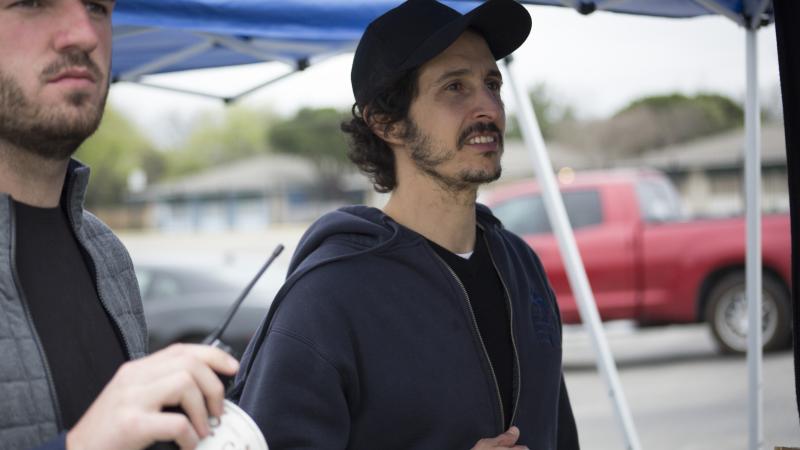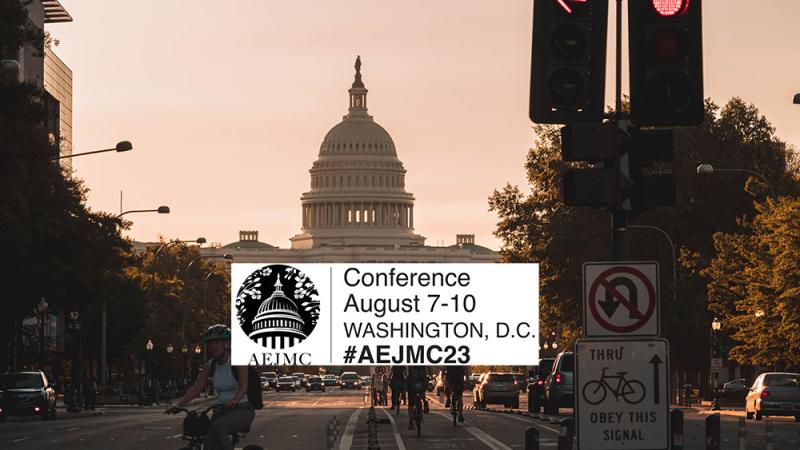Man on Fire
Introduction
Grand Saline, Texas was a sleepy, unremarkable town--until a white preacher lit himself on fire to protest the town’s racism in 2014.
Featured review
Synopsis
Man on Fire investigates Charles Moore’s self-immolation in protest of racism in his hometown of Grand Saline, Texas and explores three major themes: the life and death of Charles Moore, the vestiges of racism in rural America, and the impact of Moore’s death on people in Grand Saline and surrounding areas. The film captures the authenticity of rural East Texas with engrossing interviews from members of Grand Saline, including a former mayor, a city administrator, business owners, elders, and young adults, to better understand their perspective on racism in their community. Outside of these interviews, the film explores communities of color near Grand Saline and investigates how these people fear the racism of their neighbors.
Lastly, the film explores how Grand Saline and communities nearby dealt with Moore’s death through grappling with the complexity of self-immolation as an effective protest act. Many of the interviews in the film express their raw emotions regarding Moore’s death and Grand Saline’s racism, demonstrating their anger, pain, fear, and resolve. They also express the shortcomings of Moore’s protest, questioning what it means for a preacher to kill himself as dissent. Overall, Man on Fire encapsulates the racial climate in Grand Saline and chronicles Moore’s life and death, presenting Grand Saline and Moore as two pillars of the film’s narrative: one a disjointed man seeking truth and communal repentance and the other a community whose present is inextricably tied to their past.
Reviews
Awards and Screenings
Director Commentary
Features and Languages
Film Features
- Audio Description
- Closed Captioning
- All4Access
- Director's Commentary
- DVD Extras
- Resources for Educators
Resources for Educators
File Downloads
- MOF-Study Guide.pdf file download (4.13 MB)













On one level, Man on Fire is an investigation into the human spirit. As Charles Moore said in his “suicide” letter, “Our human race is impressed most of all with innocent suffering, and is moved significantly by little else. It isn’t important that I be remembered, but that someone cared enough to give up everything for the sake of others.” These words hold truth for us as a society, yet I, and others, question why someone chose this extreme measure to get our attention. I believe everyone has a piece of Moore in them, whether they are aware of it or not. This yearning to do more, to help others, to sacrifice for the larger good, compels our humanity. So when someone like Moore comes around, at least on the surface, we find ourselves awestruck, riddled with contradicting emotions. On one hand, we see the goodness in Moore, the love of humanity that compelled his actions, yet, on the other hand, the pain of his death overwhelms us too. This complexity was compounded with questions that others were asking in and around Grand Saline: Why did he do it? Is racism still in Grand Saline? Did he actually change anything? These questions were the seeds we planted, and through the process of filming, nurtured, in order to give some semblance of resolve for such an extreme act. Unfortunately (but also quite naturally), the answers to these questions are not so “black and white.” Thus, I hope this film inspires others to also ask these questions and sparks a real conversation on Moore’s death and the reality of racism. Inevitably, some people will write off Moore as crazy, using facts such as “we got a black president” (a quote from the film) to claim that racism does not exist any more. However, I believe the answers are more complicated than that.
Man on Fire uses Moore’s self-immolation as a vehicle to explore this small, all-white town known for its racism. Moore’s death thus becomes the means to scratch beneath the surface of Grand Saline. The film captures the reality of small town Texas, illustrating Friday night football games, rodeos, homecoming parades, skating rinks, flea market sales, local businesses, and more. Nonetheless, the town of Grand Saline is just a microcosm for the rural south and inevitably America as a whole.